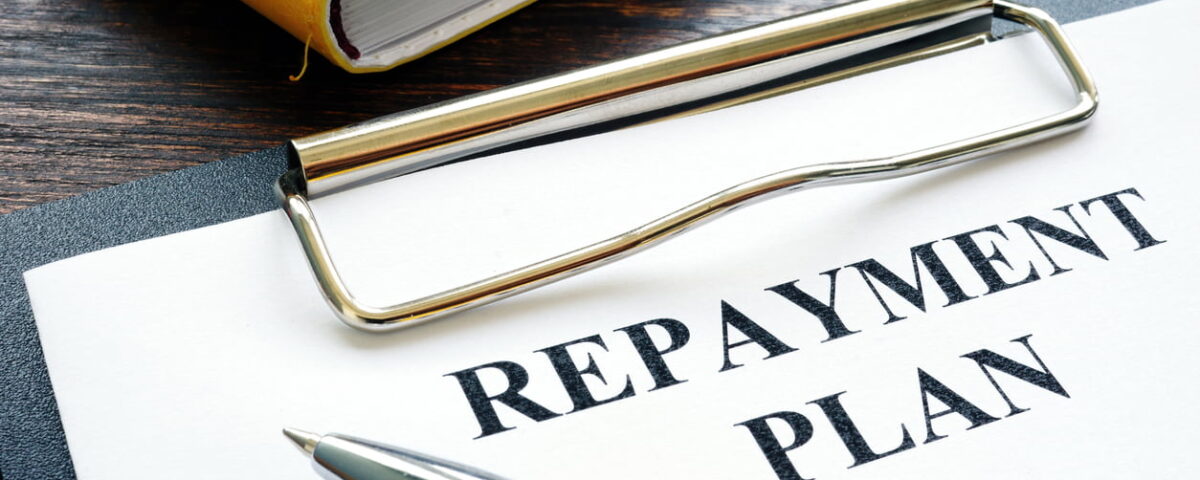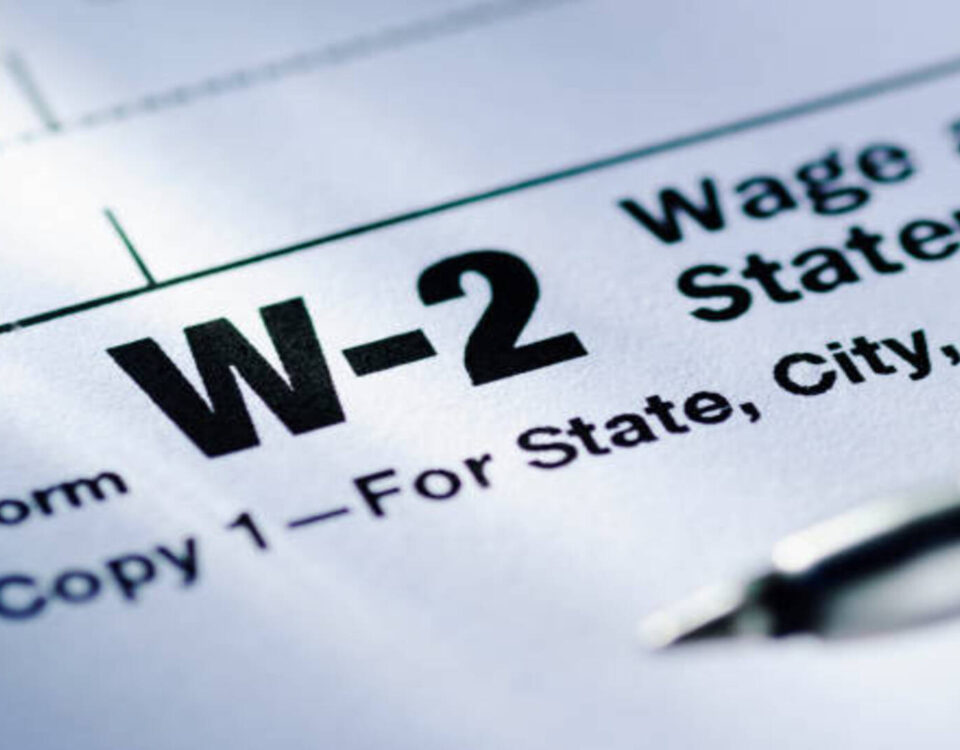Managing personal debt is not an easy task to accomplish on your own. The average American is paying off credit card debt, student loan debt, or other personal debt for an average debt payment of $1,233 per month according to LendingTree. Some people ignore their debts and let their interest pile up in a never-ending cycle. But getting out of debt is not about taking the easy way out.
Those with personal debt need to take an active approach to be on course financially. There are procedures anyone can take to reduce their debt before meeting with a CPA for financial advising. These strategies require patience and consistency to provide you with more financial freedom and peace of mind.
Here are 5 steps to manage or reduce your personal debt:
- Analyze your debt
- Budget your expenses
- Avoid accruing more debt
- Make strategic debt payments
- Draft a financial plan
Analyze your debt
The first step to effectively managing your debt is to evaluate the debt you have collected. To do this, compile financial records such as bank statements, current bills, and free credit reports. You want to collect exact information on who your creditors are, the total amount owed, interest rates, and any other specific information like due dates.
A crucial aspect of this step is to ensure that what you owe and your current balances are correct. If you notice any inconsistencies, contact your creditors to dispute your debt. Contacting your creditors also allows you to negotiate your interest rate or extend your loan repayment plan.
Budget your expenses
The next step is to budget your current expenses factoring in your debt payments. To manage and reduce your debt as soon as possible, you will have to amend your spending habits. And your spending habits must be determined by how much money you earn and the cost of your fixed expenses like rent or insurance.
After collecting your financial records, you will likely discover how you can best save your money instead of making unnecessary purchases. Cutting certain spending habits will make it easier for you to make larger debt payments, reducing your debt. A financial planning specialist can assist clients in developing or amending a personal budget as well as assisting with other personal financial goals.
Avoid accruing more debt
While you are attempting to reduce your current debt, it’s fundamental to not add to the debt you have. The most effective way to do this is to stick to the budget you have set for yourself. Another technique is to temporarily stop making purchases on your credit card. If you don’t have the cash to purchase something nonessential, you might not need it in the first place.
Make strategic debt payments
Not all debt is created equal, and some debt should be prioritized over others. To manage personal debt, review the terms of the different debts owed and make strategic debt payments. There are a few courses of action to consider when reducing your debt. One highly recommended method is to identify your loan or debt with the highest interest rate to pay off first. This will reduce the amount of interest you will pay over time.
Another method is to target debt that most negatively affects your credit score, which may require some lifestyle changes. It is crucial to make debt payments that you can afford, even if that payment is the minimum amount. Paying bills on time will save you from paying late fees and lowering your credit score. Ideally, you could afford to pay more than the minimum amount to shorten the amount of time spent paying off that debt.
Draft a financial plan
The last step to managing your debt is to form a financial plan to reduce or eliminate your debt in the long term. Debt management is intertwined with other financial goals that require thoughtful strategy and patience. But managing your debt is not a task you have to undertake by yourself.
With the help of a CPA, you can compare your debt management options to find what best works for you. They will take into account your current financial situation by analyzing your financial records and through consultations to plan for you how to manage personal debt. They may walk you through consolidating your debt into one personal loan to reduce your monthly payment. CPAs are helpful for more than just debt management. A CPA firm can assist you in meeting other financial goals for you or your business.
Are you looking to reduce your personal debt? Consider meeting with a CPA at Sheffield, Trackwell, and Rapp LLC. Our professionals can guide you through different options to manage your debt or possibly save you money on interest. Contact us today and find out how we can help you!








1 Comment
[…] is a pivotal component of creating financial stability. A financial planner can guide you through strategic debt repayment steps. Start by organizing your debts, prioritizing those with the highest interest rates. Allocate […]